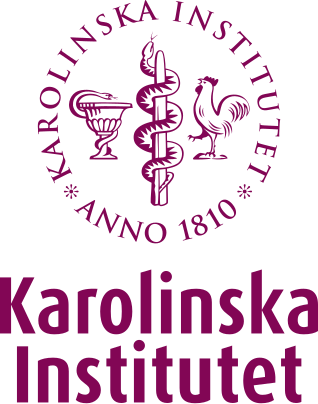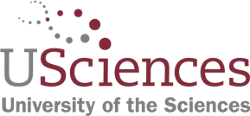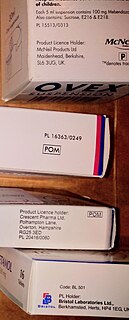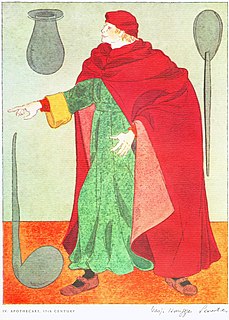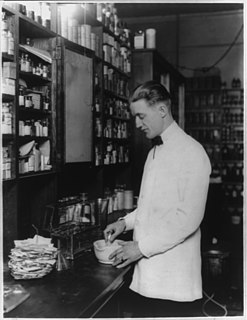This article relies largely or entirely on a single source .(October 2009) |
| Nils Peter Hamberg | |
|---|---|
Nils Peter Hamberg | |
| Born | 4 November 1815 Stockholm, Sweden |
| Died | 13 February 1902 (aged 86) |
| Occupation | Pharmacist and physician |
Nils Peter Hamberg (4 November 1815 in Stockholm – 13 February 1902) was a Swedish pharmacist and physician. He started teaching chemistry in 1861 and later on became a forensic chemist. Hamburg was the older brother to the missionary Knut Theodor Hamberg (1819–1854).
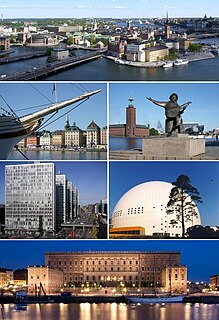
Stockholm is the capital of Sweden and the most populous urban area in the Nordic countries; 962,154 people live in the municipality, approximately 1.5 million in the urban area, and 2.3 million in the metropolitan area. The city stretches across fourteen islands where Lake Mälaren flows into the Baltic Sea. Just outside the city and along the coast is the island chain of the Stockholm archipelago. The area has been settled since the Stone Age, in the 6th millennium BC, and was founded as a city in 1252 by Swedish statesman Birger Jarl. It is also the capital of Stockholm County.

Sweden, officially the Kingdom of Sweden, is a Scandinavian Nordic country in Northern Europe. It borders Norway to the west and north and Finland to the east, and is connected to Denmark in the southwest by a bridge-tunnel across the Öresund, a strait at the Swedish-Danish border. At 450,295 square kilometres (173,860 sq mi), Sweden is the largest country in Northern Europe, the third-largest country in the European Union and the fifth largest country in Europe by area. Sweden has a total population of 10.2 million of which 2.5 million have a foreign background. It has a low population density of 22 inhabitants per square kilometre (57/sq mi). The highest concentration is in the southern half of the country.
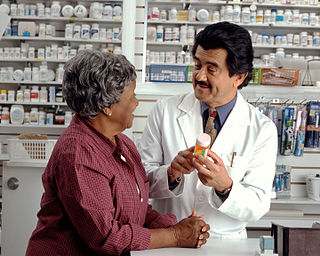
Pharmacists, also known as chemists or druggists, are health professionals who practice in pharmacy, the field of health sciences focusing on safe and effective medication use. Pharmacists undergo university-level education to understand the biochemical mechanisms and actions of drugs, drug uses, therapeutic roles, side effects, potential drug interactions, and monitoring parameters. This is mated to anatomy, physiology, and pathophysiology. Pharmacists interpret and communicate this specialized knowledge to patients, physicians, and other health care providers.
Hamberg was the son of sea captain Nicholas Hamberg (1785–1830) and his wife Magdalena Lovisa, born Löfvenberg, (1791–1863). In 1830 Hamberg became a pharmacist apprentice at the pharmacy Gripen in Stockholm, in 1834 he passed the pharmaceutical entrance exams, and in 1838 he graduated as a pharmacist. In spring 1839 Hamburg bought the pharmacy Hjorten at Kungsholmen in Stockholm, which he ran until April 1850. At the same time he studied medicine and disputated 1848 for the doctorate of medicine under Göran Wahlenberg, professor in botanics at Uppsala university.

Kungsholmen is an island in Lake Mälaren in Sweden, part of central Stockholm. It is situated north of Riddarfjärden and considered part of the historical province Uppland. Its area is 3.9 km2 (1.5 sq mi) with a perimeter of 8.9 km (5.5 mi). The highest point is at Stadshagsplan at 47 metres (154 ft). The total population is 56,754.

In the scholastic system of education of the Middle Ages, disputations offered a formalized method of debate designed to uncover and establish truths in theology and in sciences. Fixed rules governed the process: they demanded dependence on traditional written authorities and the thorough understanding of each argument on each side.
The thesis had the title "Om vegetabiliska droguers insamling och förvaring" (About collection and storage of drugs from plants) and built on the collection of drugs from plant that Hamberg had done from 1843-1847. Interested pharmacists could buy a sample of the collection of drugs that Hamberg had created, which consisted of 337 samples and a couple synthetic.
From 1848-1854, Hamberg taught in chemistry and pharmacy at Karolinska Institutet and also worked as a physician. 1851 Hamberg was granted a travel scholarship by the state and went on a study journey to Germany, Belgium and Great Britain to study physiological and pathological chemistry, it lasted until September 1852. He also got the chance to visit the great world exhibition in London, which he reported from on his homecoming. During his travels he collected collectibles which resulted in a private museum, Stockholms museum for natural science, slöjd and art. This existed from 1854 until 1864, whereupon the collections where disbanded.

Sloyd (Slöjd), also known as Educational sloyd, is a system of handicraft-based education started by Uno Cygnaeus in Finland in 1865. The system was further refined and promoted worldwide, and was taught in the United States until the early 20th Century. It is still taught as a compulsory subject in Finnish, Danish, Swedish and Norwegian schools.
Another result of the trip was that Hamberg, after foreign models, 1855 established a private chemical laboratory in the Keyserska house at Tegelbacken in Stockholm.
Hamberg was a member of the Royal Swedish Academy of Sciences from 1878.
The Royal Swedish Academy of Sciences is one of the royal academies of Sweden. Founded on June 2, 1739, it is an independent, non-governmental scientific organization which takes special responsibility for ptomoting the natural sciences and mathematics and strengthen their influence in society, whilst endeavouring to promote the exchange of ideas between various disciplines.

